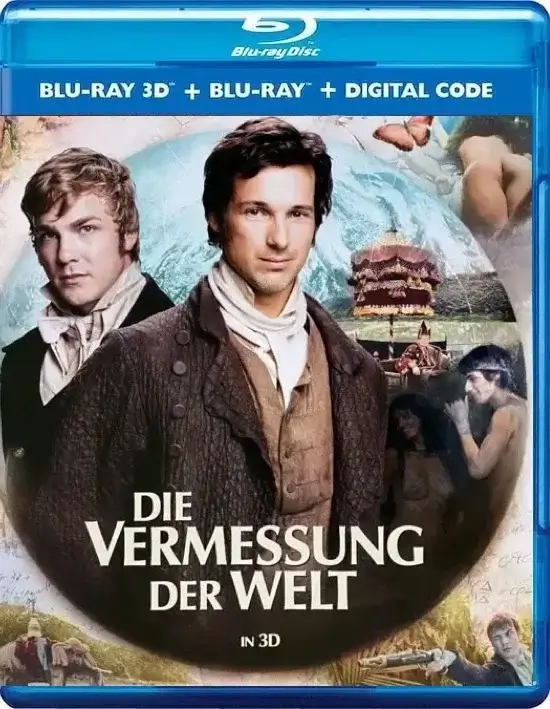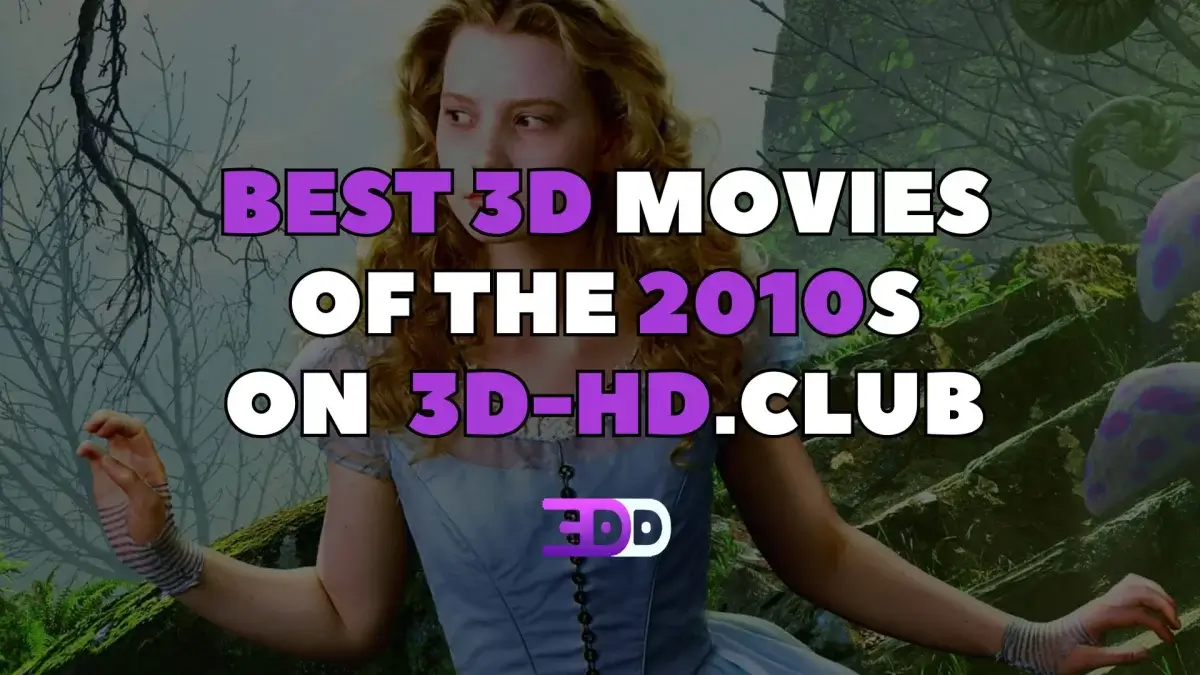
Measuring the World 3D Blu Ray 2012
Year: 2012
Country: Germany
Director: Detlev Buck
Duration: 1h 59 min.
Type 3D: Original 3D
Format 3D: Blu Ray 3D
Cast: Albrecht Schuch, Baldanpurev Sambuu, Agi Ariunsaichan Dawaachu, Karl Markovics, Lennart Hänsel, Mercedes Jadea Diaz, Pascal Fiedler
Genre: Drama 3D / History 3D
IMDB: 5.7
3DHD:
DOWNLOAD
 944
944 0
0The plot of the movie Measuring the World 3D Blu Ray 2012
Germany of the early 18th century. The aristocrat Alexander von Humboldt was destined from birth to enjoy life in the ancestral castle, to go out to social events and hunting. But Alexander has dreamed of dangerous journeys since childhood. Karl Gauss, the son of the poor, was destined from birth to repeat the difficult fate of his parents. But Karl's bright talent helped him get out of the bottom. Alexander was destined to become an outstanding natural scientist, and Karl was destined to become a great mathematician. Fate moved these obsessed people towards each other to an epochal meeting
3DHD rating - is score of the 3D quality:
More about this 3D Movie
Dear site users, to download a 3D movie you can use one of the file storage sites TakeFile or MoonDL.
It's up to you which method to choose. Learn more about Premium. Learn more about how to download from TakeFile. Learn more about how to download from MoonDL.
Also, if you have problems with payment on one site, you can try another
Also, if you have problems with payment on one site, you can try another
Half SBS 3D 1920x1080p: 14.03 GB
Blu-ray 3D: 40.75 GB
Link Dead or Problem File?Send a Complaint!
Subscribe to our Telegram channel and don't miss the release of your favorite 3d movie!
Trailer Measuring the World 3D Blu Ray 2012
Related 3d movies
Collections of 3D MOVIE
User reviews (0)
 Add comment
Add comment
Information
Users of Guest are not allowed to comment this publication.








